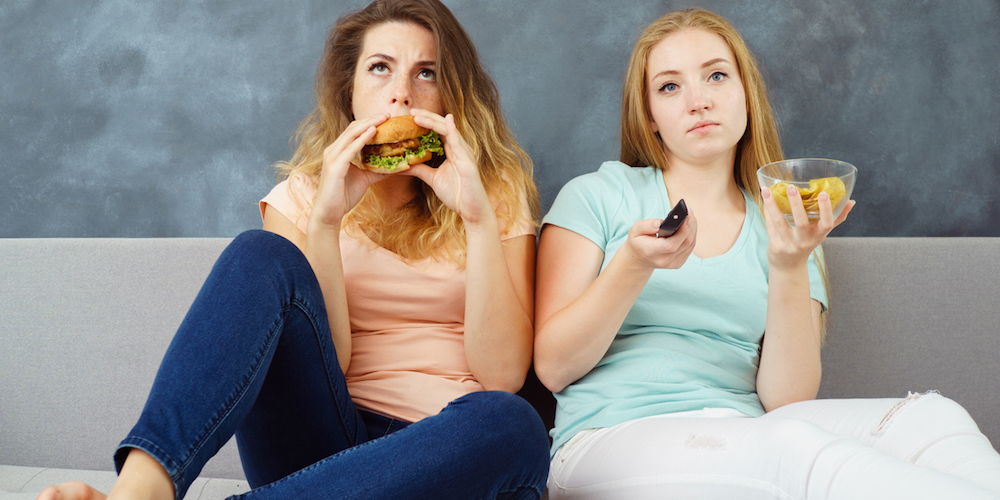Discredited eating expert puts in doubt our perceptions about good and bad eating habits, and how we should approach healthy eating.
Cornell University researcher Brian Wansink recently got his marching orders after he was found to have “committed academic misconduct in his research and scholarship, including misreporting of research data, problematic statistical techniques, failure to properly document and preserve research results, and inappropriate authorship.”
Wansink is the man behind the concept of “mindless eating”, that is how the environment shapes how we think about food, and what we end up consuming. The man formerly referred to as a “world-renowned eating behaviour expert” had his studies cited more than 20,000 times. He helped Google and the US Army implement programmes to encourage healthy eating, and his now discredited research even influenced dietary guidelines, public policy and snack packaging.
Thirteen of Wansink’s studies have now been retracted, discrediting statements such as “people who grocery shop hungry buy more calories”, “fasting changes people’s food preferences”, “Watching action-packed television shows causes viewers to snack more” and “serving people out of large bowls encourage them to serve themselves larger portions”.
The healthy eating habits that still hold true?
Slowing down the speed at which you eat, along with cutting out after dinner snacks and not eating within two hours of going to sleep may all help to shed the pounds, confirms new research from Kyushu University in Japan.
Changes in these eating habits were strongly associated with lower obesity and weight (BMI), and smaller waist circumference. After taking account of potentially influential factors, the results showed that compared with those who ate food quickly, those who ate at a normal speed were 29 percent less likely to be obese, rising to 42 percent for those who ate slowly.
Snacking after dinner and eating within 2 hours of going to sleep 3 or more times a week were also strongly linked to changes in BMI.







